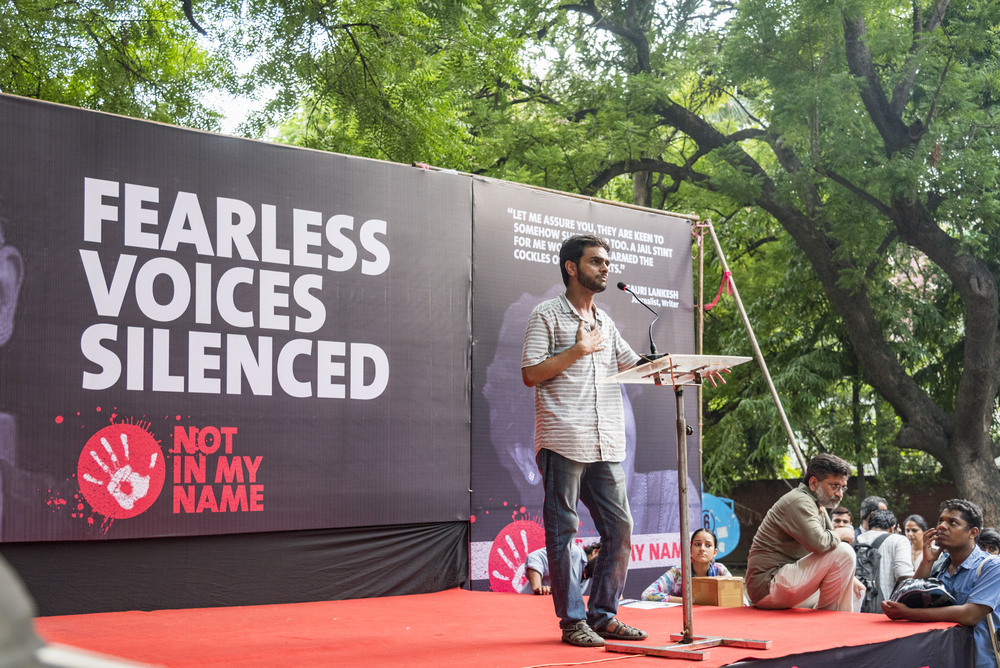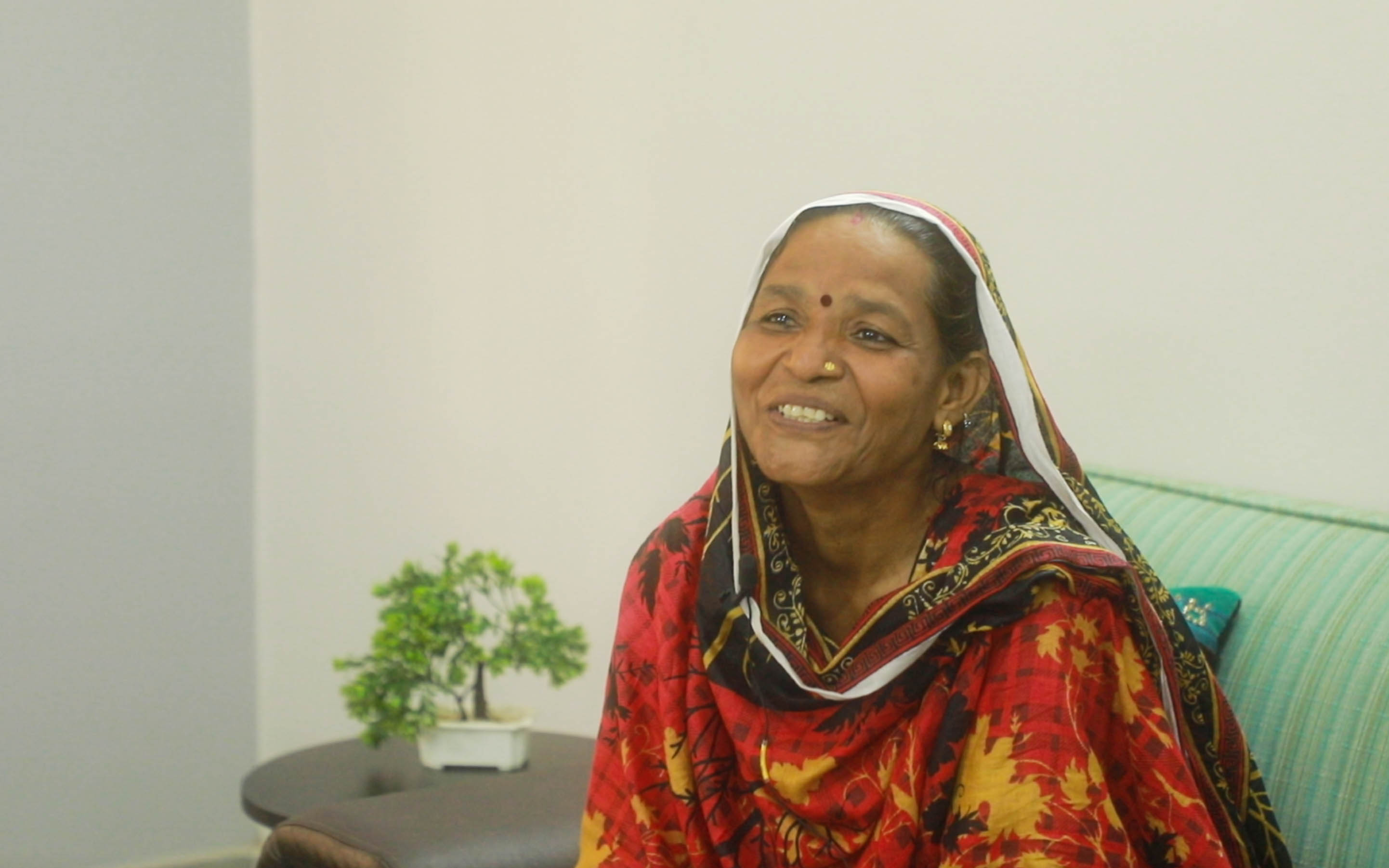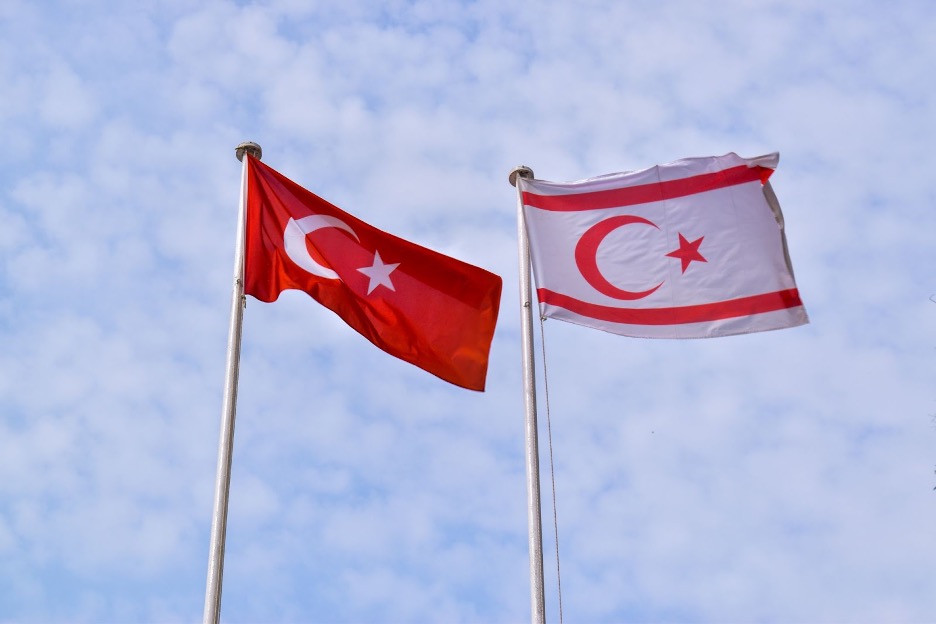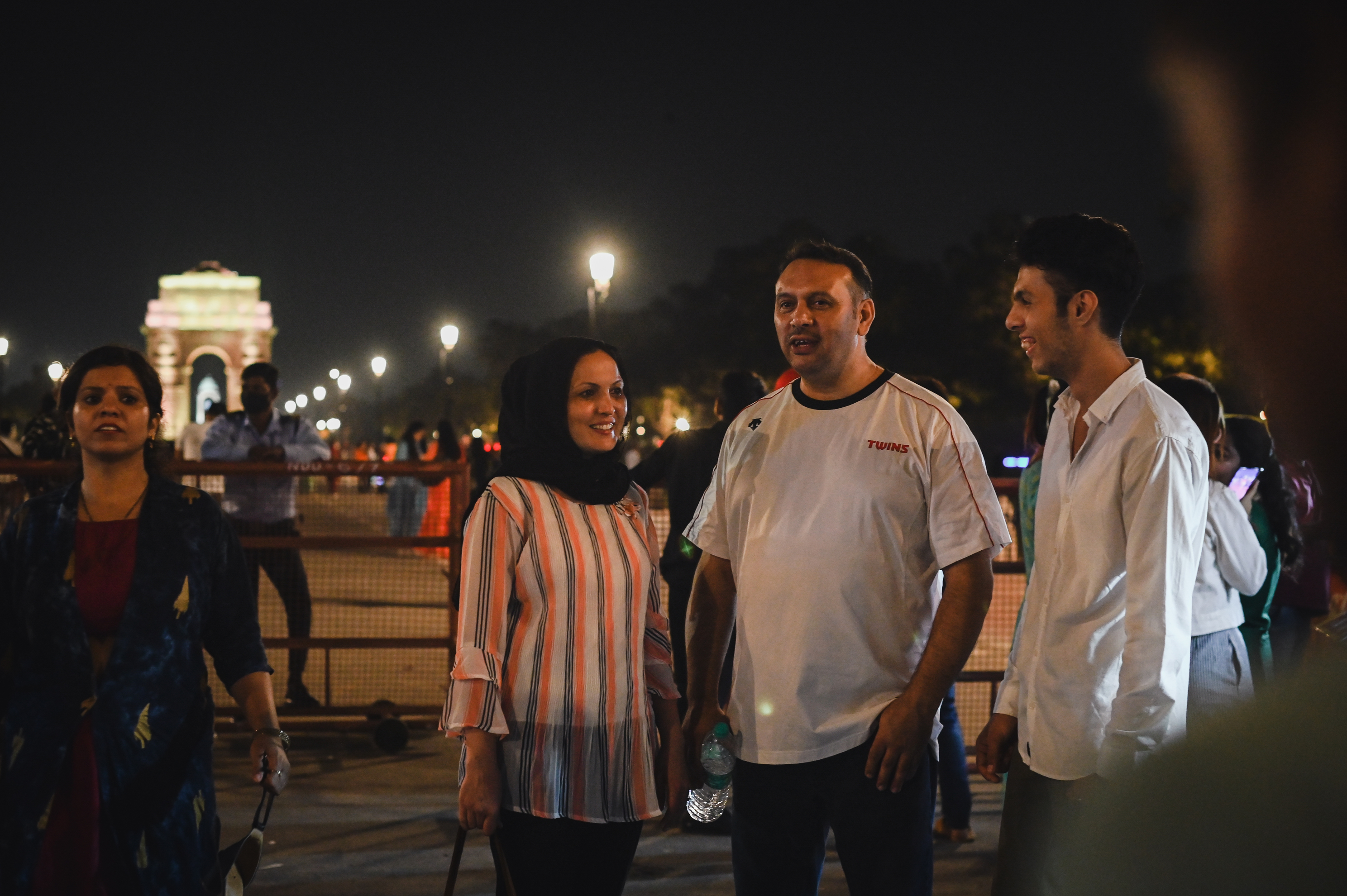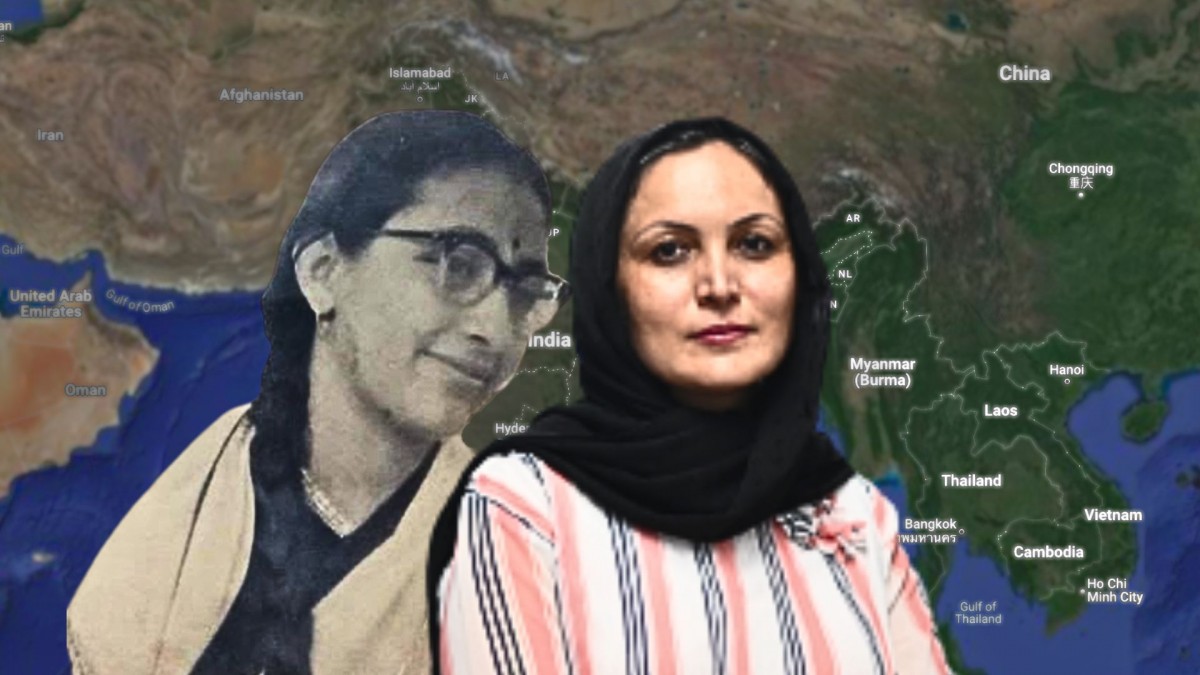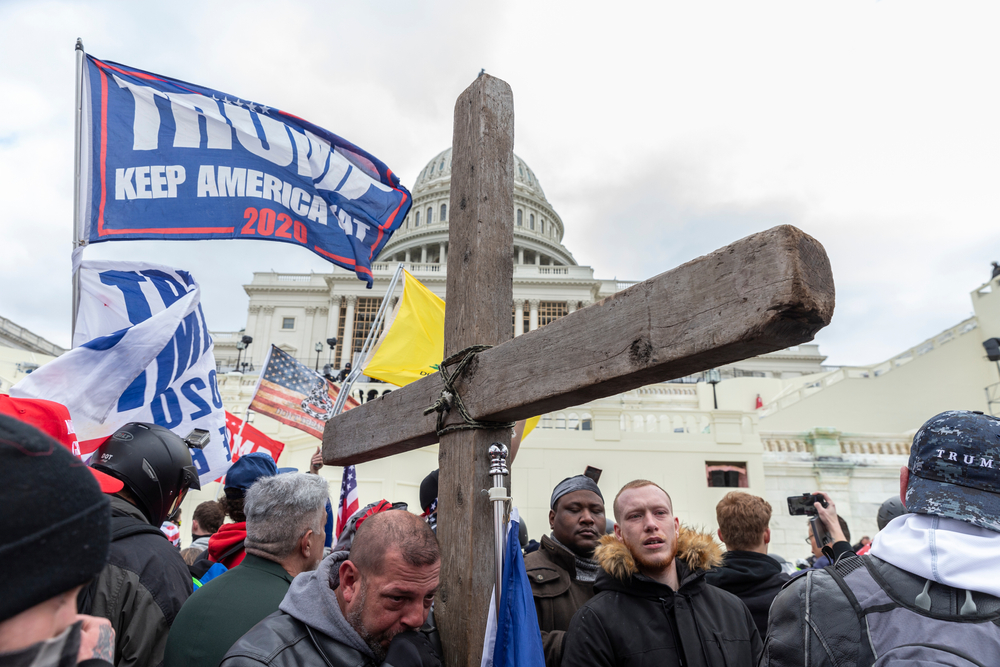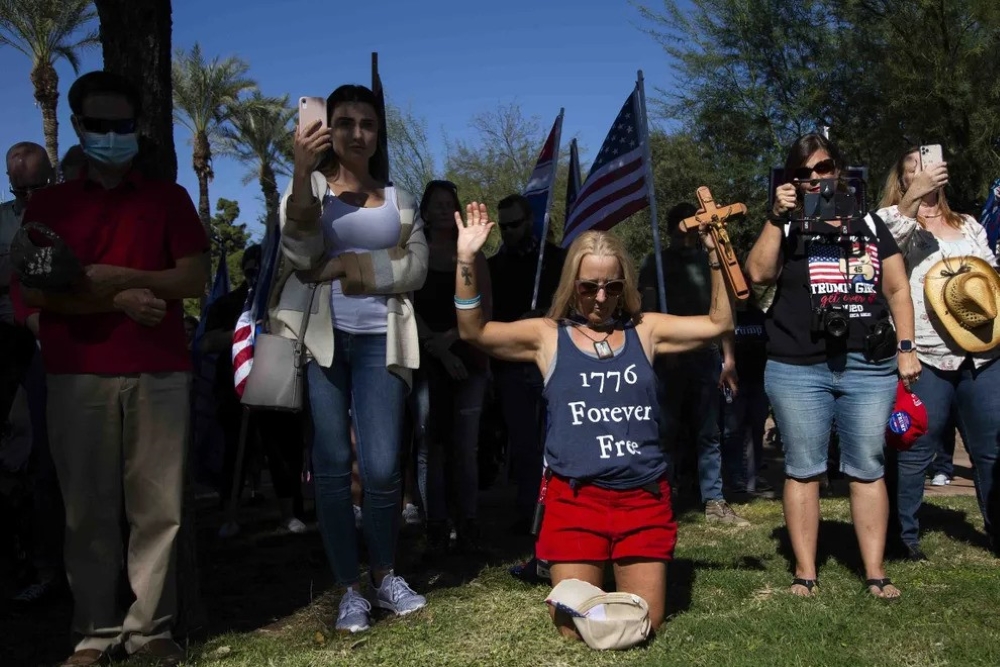Religion
Religion serves as the social bedrock of many communities around the globe, while also acting as a source of division and conflict. Pulitzer Center stories tagged with “Religion” feature reporting on faith, its effects on people’s lives, and the role it plays in civil society. Use the Pulitzer Center Lesson Builder to find and create lesson plans on religion.
-

Project
The Dissident
A profile of Indian dissident Umar Khalid who has jailed for his crusade against Prime Minister...
-

Project
Samira: An Afghan Refugee Story
Many Afghans who moved to India for a better life are now trapped in poverty and face a long wait...
-

Pulitzer Center Update
Religion and Extremism in the U.S., Two Years After the Insurrection
Christian Nationalism After the January 6 Attack Reporters with the independent Religion News...
January 6, 2023



